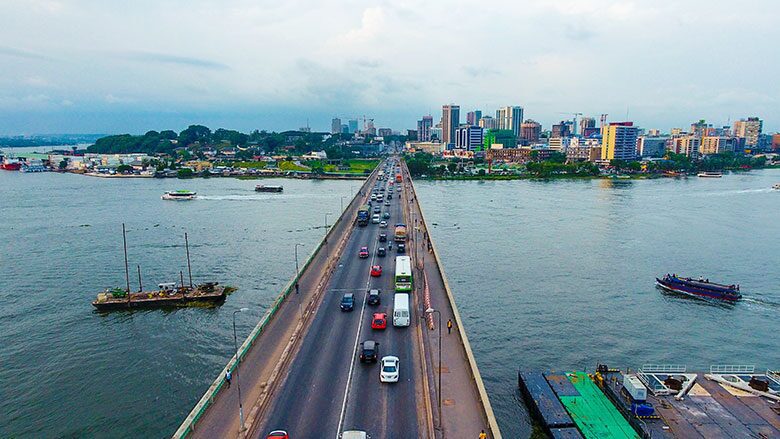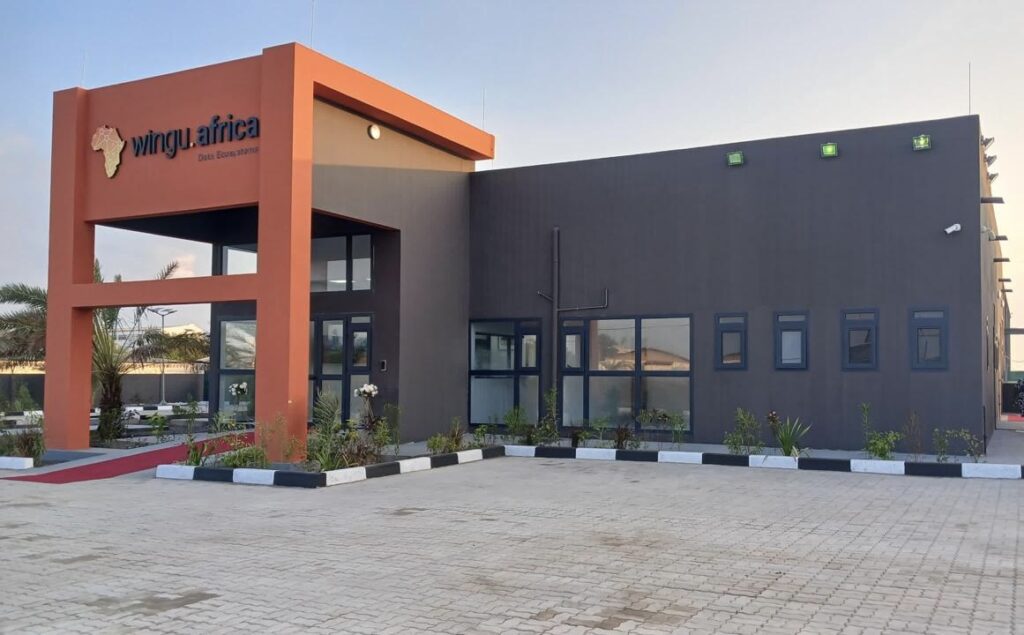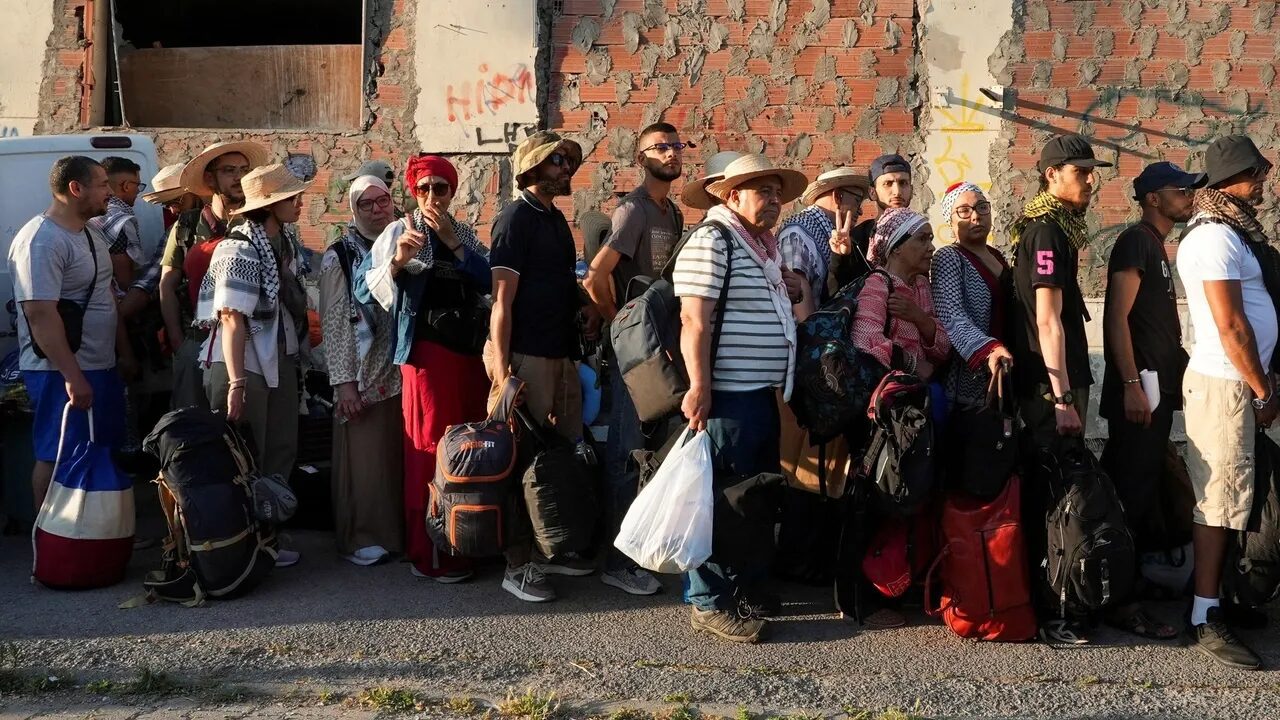
Tuesday, 12th August 2025

By inAfrika Reporter
On the outskirts of Dar es Salaam, a low-slung, carrier-neutral facility is becoming one of the most consequential buildings in Tanzania’s digital story. Wingu Africa’s data-centre campus—expanded this year—signals a shift from “servers in a back room” to serious, standards-driven infrastructure that local banks, ISPs, fintechs, media platforms and public systems can trust. In March 2025, Wingu broke ground on phase two in Dar, taking the site to roughly 3 MW; for Tanzania’s fast-formalising tech economy, that’s not just extra rack space but room for new cloud regions, content caches and enterprise disaster-recovery footprints.
If the steel and concrete are the visible part, the capital is the accelerant. In June, Wingu secured a US$60 million facility led by Rand Merchant Bank to “super-charge” its East African build-out—funding that underwrites more capacity in Dar, new interconnect fabric, and resilience upgrades that many CIOs have only been able to get offshore. It’s a practical signal to the market: regional data-centre economics are finally bankable, and Tanzania is central to the plan.
What makes this campus different is neutrality and network gravity. As a carrier-neutral site, Wingu lets competing networks, cloud providers and content delivery platforms co-locate and cross-connect on equal terms. That matters in a country where the Tanzania Internet eXchange (TIX) is maturing; proximity to TIX peers—Akamai, SEACOM, Liquid and others—means lower latency for video, payments and enterprise SaaS, and less expensive traffic that stays on-net. In short: faster apps, happier users, and better unit economics for local platforms.
The expansion itself is not a vanity metric. Wingu says the Dar phase-two build will “triple capacity” and deepen submarine-cable access—an important lever in a coastal hub where multiple international systems land. More capacity plus more diverse routes equals more resilience; for banks rolling out real-time payments, media companies scaling live streams, and governments digitising records, that value proposition is obvious.
Look closely and you can see the ecosystem knitting together. In August, newly licensed ISP Raddy Digital Solutions extended its fibre into the Wingu facility—one of a growing number of providers lighting meet-me rooms and building last-mile offers that terminate on campus. Each additional network is another path for redundancy and another bargaining chip for enterprise buyers who want competitive pricing without sacrificing uptime.
Wingu’s regional posture also strengthens Tanzania. The company operates a cross-border platform with live sites in multiple countries; in Ethiopia, for instance, Wingu hosts ADDIX, the nation’s first public Internet Exchange Point. That matters to Tanzanian businesses with operations or customers in the Horn and beyond—content and cloud nodes closer to Addis or Djibouti mean East Africa’s traffic can circulate regionally rather than hairpin via Europe. Less distance, fewer hops, better experience.
For policymakers, the significance is clear. A modern data-centre campus doesn’t just warehouse servers; it anchors data residency, supports cybersecurity baselines, and gives regulators confidence that national systems—from health to land registries—can live in hardened facilities on Tanzanian soil. It also gives startups a way to scale without sprinting to overseas cloud, and gives corporates a credible on-ramp to hybrid architectures—mixing local colocation and regional cloud in ways that match cost, compliance and performance.
For enterprises, the business case splits into three lines:
Latency and experience. Hosting locally and peering richly trims milliseconds that users can feel—checkout flows, mobile banking, video classrooms, logistics apps. Tie-ins to TIX peers amplify the effect.
Resilience and compliance. Purpose-built, neutral facilities offer power and cooling redundancy that most single-tenant server rooms can’t match—plus audited processes for access control, incident response and change management. (Wingu’s public materials advertise Tier III-standard builds and an enterprise-grade design ethos; as capacity grows, expect more third-party attestations to follow the money.)
Choice and price. With multiple carriers, ISPs and cross-connect options inside the same campus, buyers can assemble competitive network paths and avoid lock-in. As more providers like Raddy light the site, bargaining power shifts toward the customer.
There’s also a developer-centric story emerging. As hyperscalers and regional cloud players deepen their East African footprints, neutral sites become landing pads for edge nodes—managed Kubernetes, AI inference caches, CDN POPs—that put capacity within a few network hops of Tanzanian users. That, in turn, makes it easier for local engineering teams to build low-latency products without over-engineering around long-haul constraints.
To be clear, challenges remain. Power quality still tests even the best designs, and the skills market—facilities engineers, network architects, security analysts—must scale with the hardware. But those are solvable problems when the anchor economics are real. With new capital in hand and a concrete plan to scale Dar, Wingu is betting that regional demand will meet the new supply—and that local CIOs will reward the combination of neutrality, interconnection and predictable SLAs.
The bigger picture is confidence. Five years ago, many Tanzanian workloads defaulted to servers abroad; today, a growing share can live—and perform—at home. A campus that connects cleanly to TIX, aggregates carriers, and keeps adding megawatts gives the country options: to host e-government systems locally, to keep fintech latency low, to stream without buffering, to back up without crossing oceans. It’s not a headline-grabbing achievement; it’s the plumbing that lets everything else move.
Stand for a moment in the meet-me room and the strategy clicks: patch panels labelled for rival networks, cages for banks and platforms that compete in public but peer in private, and technicians pulling fibre for the next tenant. Quietly, this is how digital economies compound—one cross-connect, one rack, one extra megawatt at a time. Wingu Africa’s expansion in Dar isn’t just a construction project; it’s a bet that Tanzania is ready to run more of its future on its own ground, with regional reach and world-class uptime to match


